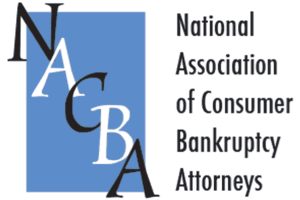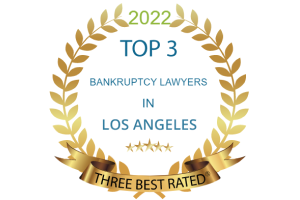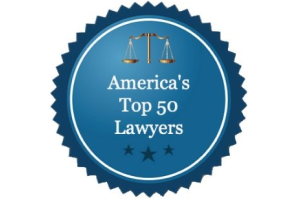Protecting Assets / Exemptions
Experienced Bankruptcy Attorney Guiding Los Angeles Residents
Finances can be extremely stressful, particularly when you are facing a substantial amount of debt. For many people, the risk of losing their home through a foreclosure proceeding is a nightmare. Fortunately, there are many legal mechanisms in place that can help you protect a wide range of assets, including your home, vehicle, and miscellaneous valuables. At the Bereliani Law Firm, bankruptcy lawyer Sanaz Sarah Bereliani has assisted people in Los Angeles and throughout Southern California in determining an asset protection plan that makes sense for their specific needs.
Developing an Asset Protection Plan and Using Exemptions
Contrary to popular belief, filing for bankruptcy does not mean that you will lose all of your assets. In this type of proceeding, the bankruptcy trustee steps into the shoes of the debtor, who will then determine which assets can be sold to pay off the debtor’s outstanding obligations based on what assets are exempted. This can include real estate, personal property, and any assets that the debtor’s business owns.
Chapter 7 bankruptcy proceedings allow debtors to use certain exemptions to protect their assets. The bankruptcy laws recognize that people need basic possessions in order to get back on their feet after going through a bankruptcy proceeding. When a debtor fills out his or her bankruptcy petition, he or she will list all property in his or her possession. Next, the debtor can look at the available exemptions and indicate which exemptions the debtor is applying to his or her assets. Throughout this process, it is vital to candidly and thoroughly disclose all of your assets to the attorney advising you so that you can make sure that everything is protected to the fullest extent possible.
Categories of exemptions and the maximum amount of each exemption are set by the federal bankruptcy code. Some states require using a certain set of exemptions, but California and certain other states give debtors a choice between two systems. These are codified in Sections 703 and 704 of the California Code of Civil Procedure. However, you must choose one Section or the other, rather than combining some exemptions from one with some exemptions from the other.
One of the key differences between the two sections is that Section 703 provides a wildcard exemption that may be applied to any property and allows you to protect mainly your personal property assets, whereas Section 704 provides mainly for a large homestead exemption to protect your home equity as your main asset and is limited in what other personal assets can be protected fully. This means that for someone whose main asset is a home with substantial equity, it is wiser to use 704 exemptions. The Section 704 homestead exemption may be used to protect between $75,000 and $175,000 of equity in your primary residence, depending on your age and income as well as your household size. If you do not use all of the value of the homestead exemption, you may not apply the leftover amount to other property.
Additionally, a debtor may protect an unlimited amount of value in household goods and a certain amount in car equity for one or more vehicles. The motor vehicle exemption under Section 703 is larger than the exemption under Section 704. If you choose the Section 703 exemptions, you may be able to use a wildcard exemption to protect an additional amount of your car’s value beyond what the motor vehicle exemption covers.
Your creditors and your bankruptcy trustee can file an objection to a proposed exemption within 30 days after the initial meeting of creditors, which takes place relatively soon after your petition is filed. It is important to take extra care when identifying all of your assets and allocating the exemptions available to you. If you do not disclose all of your assets, it may create significant issues for you during your bankruptcy proceeding since you are signing all of your documents and testifying under penalty of perjury and may subject those assets to sale by the trustee.
Seek Legal Guidance in Los Angeles When Reorganizing Your Finances
If you or someone you know is worried about losing their assets, or is considering filing for bankruptcy in the Los Angeles area by using Chapter 7 or another process, attorney Sanaz Sarah Bereliani can help. The Bereliani Law Firm has helped people in many communities across Southern California, from Santa Barbara and Lancaster to Culver City and Orange County. Our team of legal professionals can aggressively assert your rights throughout the process while treating you with the compassion and attention that you deserve. We offer a free consultation to discuss the options available to you, so call us at (310) 882-5482 or contact us online to set up an appointment.











